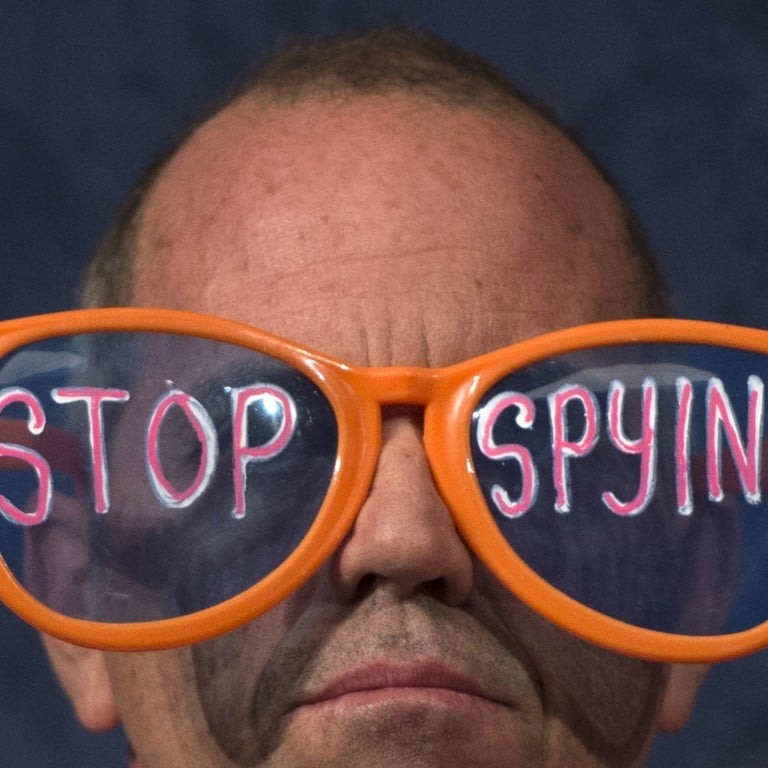
New | Americans tune out NSA spying debate, divided over Snowden’s motives: survey
Although Edward Snowden’s revelations last year of widespread US surveillance has generated headlines and triggered a rethink on data privacy around the world, the American public has paid scant attention to the government’s policy changes in its aftermath.
In the latest study to support this trend, a Pew Research Centre poll has shown that half of the public said they heard nothing at all about President Barack Obama’s speech last week on new restrictions to the National Security Agency’s (NSA) spying programmes, the reported on Tuesday.
 |
| Americans under 30 are more likely to approve of Edward Snowden's actions, while those over 65 are more likely to disapprove. Photo: Washington Post |
Only 8 per cent of those surveyed said they had “heard a lot” about Obama’s plans, the report said.
Among those who heard a “little bit” about the speech, the overwhelming majority thought the president’s plans would have little impact on protecting privacy or on hindering the government’s fight against terrorist plots, the report said.
About 1 in 5 said Obama’s plans would increase the protection of individual privacy and about 1 in 8 said it would make fighting terrorism more difficult.
But the public in general disapproves of the NSA’s programmes. By 53 per cent to 40 per cent, Americans said they disapproved of “the government’s collection of telephone and internet data as part of anti-terrorism efforts”, said.
The US public are also divided, based on age and political affiliation, when it comes to their views on NSA surveillance programmes.
Democrats are more inclined to say they approve of the NSA’s efforts, while Republicans – likely distrusting the government more because their party is not the ruling power – were more disapproving. Republicans who self-identify as Tea Party supporters showed the strongest disapproval, at 68 per cent to 27 per cent, the report said.
Meanwhile, Americans younger than 30 are most likely to disapprove of NSA surveillance, and are significantly more inclined to see Snowden’s actions positively. Those aged over 65 are more likely to see Snowden’s actions negatively.
The survey showed an almost equal split among the public on the question of whether Snowden served or harmed the public interest.
By 56 per cent to 32 per cent, Americans said they thought the government should pursue a criminal case against Snowden. Those under 30 divided evenly on the question, while all other age groups supported prosecution by large margins, the report said.
Even those who said they disapproved of the NSA’s surveillance programmes were equally split on the question of whether Snowden should be prosecuted for whistle-blowing.

